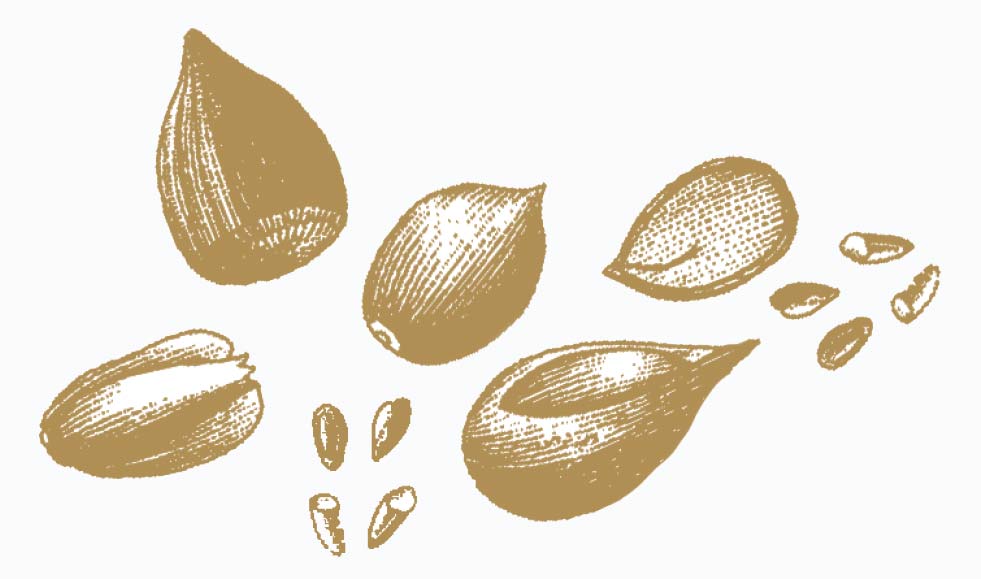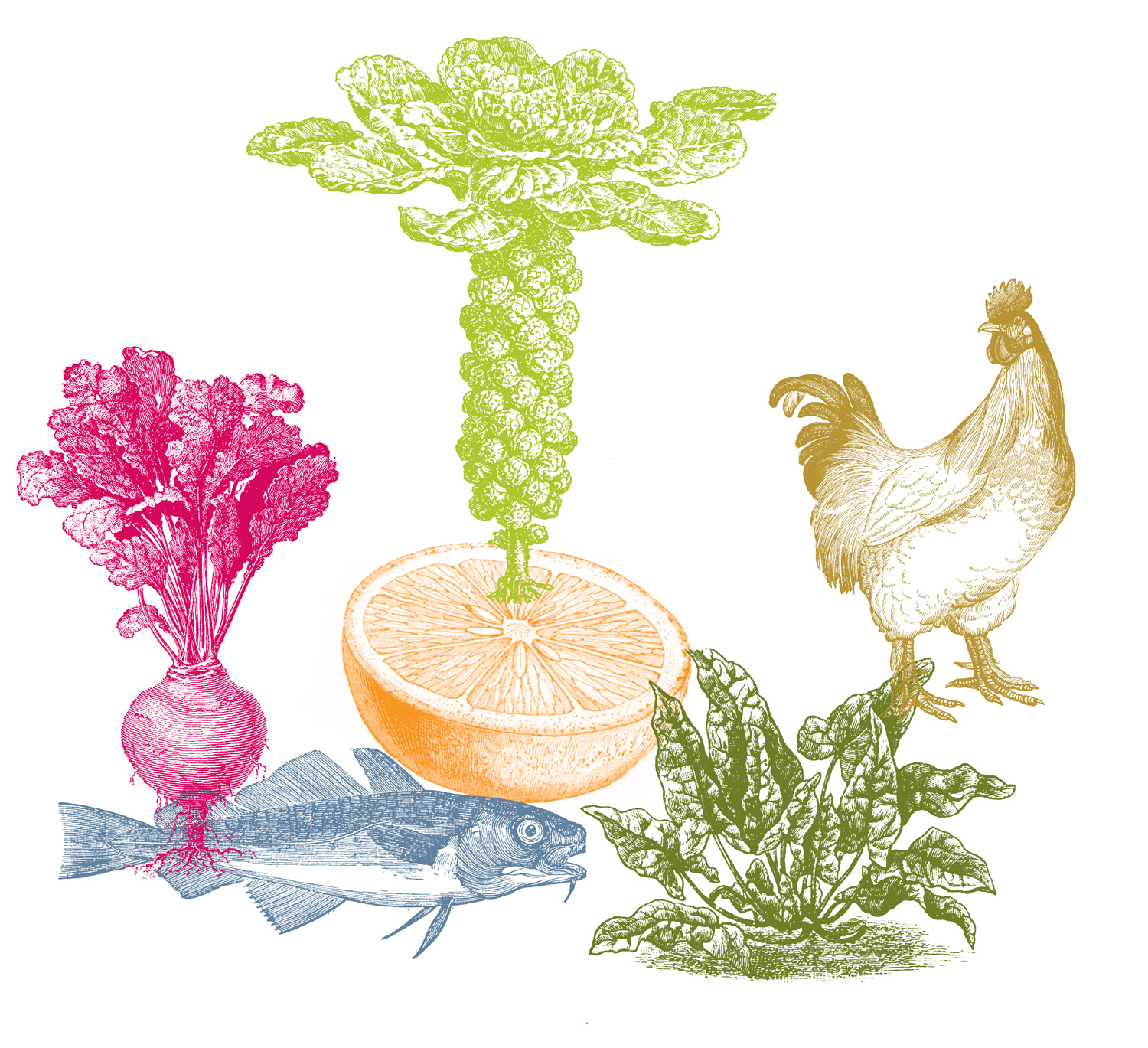Food to Fight the Seasonal Blues
Nutrition influences your life in a major way. What you consume literally makes up who you are. Being in a funk or feeling off can be an indicator that you’re not getting the right nutrients.
While it’s always a good idea to diversify the foods in your diet, certain foods deserve a closer look, especially when you consider your mental health.
“Generally, Americans fall short on getting enough vitamin D in their diet, and in the cooler months, we’re even more deficient because we’re bundled up and less exposed to the sun,” says Renee Korczack of the Department of Clinical and Preventive Nutrition Sciences at Rutgers State University in New Brunswick. “You have to be more conscious that you’re getting enough.”
There are foods—though only a few—that contain vitamin D. “Oily fish like salmon, mackerel, herring and tuna are all great sources,” says Korczack. “If you’re not a fish eater, [vitamin D] can also be found in fortified foods like cereal, cow’s milk, plant-based milks and even orange juice.”
You are likely familiar with the important role vitamin D plays in bone health and calcium absorption. Yet, you may not realize that vitamin D is also vital for your emotional health.
“Not only does vitamin D help maintain adequate calcium levels in the body to prevent bones from becoming thin and brittle, it acts as a hormone that encourages the production and release of serotonin, the ‘feel good’ chemical our bodies produce that regulates our mood,” Korczack says. She adds that we can also benefit by sitting near a sunny window.
Aside from vitamin D, there are a few lesser-known nutrients that are tremendously important for brain health.

VITAMIN D ACTS AS A HORMONE THAT ENCOURAGES THE PRODUCTION AND RELEASE OF SEROTONIN, THE “FEEL GOOD” CHEMICAL, SAYS RENEE KORCZACK OF RUTGERS UNIVERSITY. YET, IN THE COOLER MONTHS, WHEN WE NEED THOSE COZY FEEL-GOOD VIBES THE MOST, MANY OF US SUFFER A VITAMIN D DEFICIENCY.

“Choline is an essential nutrient often under-consumed in the American diet,” Korczack says. “It encourages healthy brain function and development, and is essential for the production of acetylcholine, a neurotransmitter responsible for several functions of the brain including memory and mood,” she explains. She notes that the average adult generally consumes only 340mg of choline a day, while the daily requirements are 425mg for women and 550mg for men.
“Significant amounts of choline can be found in eggs, beef, chicken and soybeans. Other good sources [are] broccoli, Brussels sprouts, cauliflower, spinach, beets, as well as dairy products, beans, nuts, seeds and whole grains,” she says.
Just as serotonin is responsible for our mood, so is dopamine. The two, however, present different characteristics.
“When we’re feeling low, it’s because of two possibilities: low serotonin or low dopamine,” says Dr. Nicole Rivera, of Integrative Wellness Group in Belmar.
“If you have low serotonin, you’re going to feel a lack of joy, or an indifference to things you once liked. If you have low dopamine, it can be easy to start projects, but [it can] feel difficult to stay motivated to complete them,” she says, adding that this can lead to poor food choices.
“When we’re low in dopamine, it’s easy to turn to foods that give us an immediate pleasurable response, like chocolate, alcohol and sugar, because they give us a short-term dopamine high,” she says. “While consuming these foods may make you feel good, you’re not fixing the problem—you’re palliating it.”
According to Rivera, dopamine is tremendously affected by blood sugar.
“Most of your dopamine receptors are in the front part of your brain, which is also the area most affected by blood sugar,” she says. “So if you’re on the blood sugar roller coaster ride addicted to sugar, you’re going to struggle [to maintain] steady dopamine levels.”
Unstable blood sugar can also hinder the absorption of vitamin D. “The fluctuation between high and low blood sugar causes inflammation in the body, which can actually deter our vitamin D receptors from working properly,” says Rivera. “It’s like a catcher who keeps missing the ball.”
To help maintain proper balance and avoid sugar crash, consuming foods high in soluble fiber is key.
“Foods such as beans, legumes, steel-cut oats and root vegetables [are] excellent sources of soluble fiber, which takes longer to be broken down by the body, helping to keep blood sugar levels steady,” she says.




